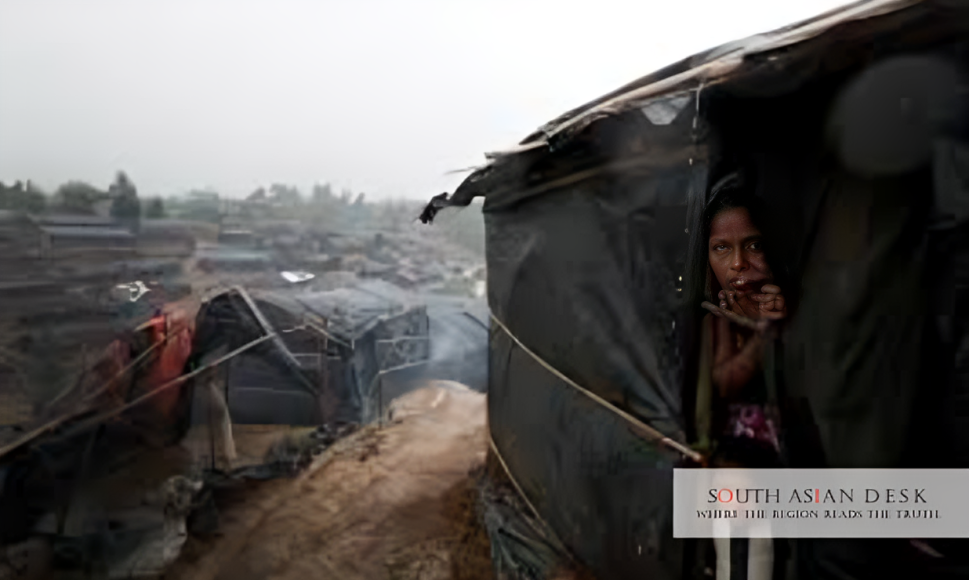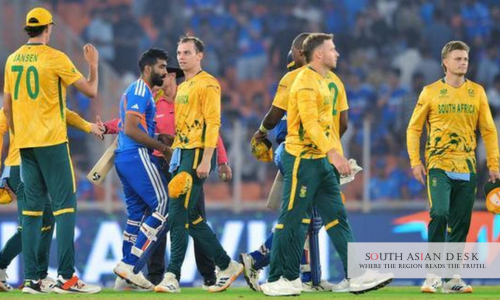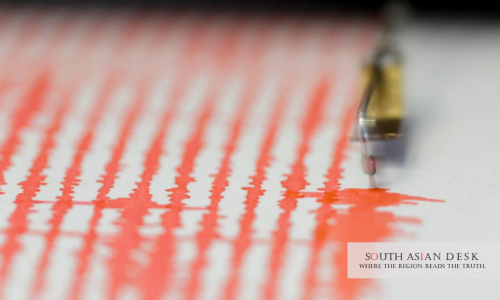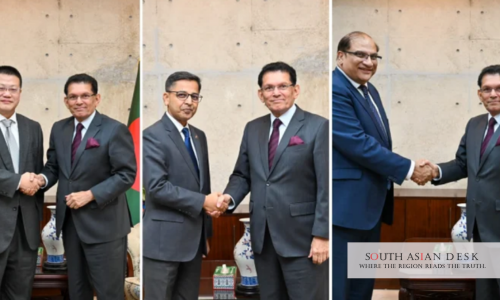The United States and United Kingdom announced a US UK Rohingya aid pledge totalling $96 million (£73 million) on Monday, September 30, 2025, at the United Nations headquarters in New York. This fresh infusion targets the escalating humanitarian needs of Rohingya refugees in Bangladesh.
The conference, the first high-level UN event on the Rohingya Muslims and other minorities in Myanmar, drew leaders including Bangladesh’s Chief Adviser Muhammad Yunus. The pledge breaks a cycle of declining donor support, where rations risk halving without intervention. Why now? As Yunus warned at the UN General Assembly last week, the crisis teeters on catastrophe.
Yunus Urges Action at Landmark UN Conference
Professor Muhammad Yunus, Bangladesh’s interim Chief Adviser, opened the conference with a stark assessment of the Rohingya aid crisis. He described repatriation as the “only peaceful solution” to the protracted displacement that began in 2017. Over 750,000 Rohingya fled Myanmar’s Rakhine State amid a military crackdown the UN has labelled ethnic cleansing. Today, Bangladesh shelters 1.3 million, mostly in Cox’s Bazar camps strained by overcrowding and natural disasters.
Yunus proposed a seven-point action plan. This includes a practical roadmap for safe, dignified returns tied to Rakhine stabilisation. He stressed international pressure on Myanmar’s junta and ethnic armed groups. “As funding declines, the only peaceful option is to begin their repatriation,” Yunus stated. His words echoed his UNGA address on Friday, September 26, 2025, where he highlighted dwindling aid. The World Food Programme (WFP) warns of cutting monthly rations from $12.50 to $6 per person without new funds, risking hunger spikes and malnutrition at emergency levels.
The US UK Rohingya aid pledge directly responds to this urgency. The US committed $60 million for immediate relief, including food, shelter, and health services. The UK added $36 million, focusing on skills training to foster self-reliance. UK Deputy Permanent Representative James Kariuki, delivering the statement, praised Bangladesh’s hospitality since 2017. “Eight years on, the conflict in Myanmar continues. Systematic blockages of aid and trade exacerbate needs,” Kariuki said. He noted the funding aims to equip Rohingya with tools for eventual return while easing host community burdens.
US and UK Step Up in Rohingya Aid Crisis
The US contribution builds on its historical role. Since 2017, Washington has provided over $2 billion in total Rohingya support. This latest $60 million channels through UN partners like UNHCR and WFP. It targets 500,000 refugees with clean water, nutrition, and protection against gender-based violence. US officials at the conference reiterated calls for Myanmar accountability. Under Secretary for Civilian Security Uzra Zeya, in a related UNGA side event, thanked Yunus for sustaining refuge. “We implore Bangladesh to continue embracing that humanitarian spirit,” Zeya said.
The UK’s $36 million marks a targeted escalation. Delivered via established partners, it funds food, cooking gas, and livelihoods programmes. Kariuki emphasised reducing aid dependency. “Our new funding includes support to give the Rohingya skills and tools they can use when they return,” he added. This aligns with London’s broader commitment, exceeding £500 million since the crisis erupted. The pledge comes amid a 2025 Joint Response Plan seeking $1.1 billion total, funded at just 40% before the conference.
Data underscores the scale. UNHCR reports 1.2 million Rohingya in Bangladesh camps, plus 200,000 undocumented arrivals. Protection incidents rose 22% last year, with sea crossings surging. Malnutrition affects one in four children, per WFP metrics. Bangladesh, as the primary host, spends $1.2 billion annually on the response, straining its economy. Yunus framed this as a regional threat. “The ongoing conflict in Myanmar threatens not only regional stability but also the prospects for safe return,” he told UNGA delegates.
Why the US UK Response Matters for South Asia
This US UK Rohingya aid pledge holds profound implications for South Asia. Bangladesh’s burden destabilises an already volatile region, from economic pressures to cross-border tensions. India and Pakistan watch closely, hosting smaller Rohingya populations amid domestic refugee debates. Enhanced funding averts a humanitarian collapse that could spark unrest, migration surges, or radicalisation in camps. It signals multilateralism’s endurance, countering donor fatigue after eight years.
For Myanmar’s neighbours, the pledge reinforces ASEAN’s role. Yunus called for regional mediation to secure rights and citizenship for Rohingya. Without repatriation, camps risk becoming permanent settlements, altering demographics and resource strains. The aid buys time for diplomacy, including UN Security Council pushes led by the UK. Economically, it supports Bangladesh’s development goals, freeing funds for infrastructure. In a broader lens, it exemplifies how Western pledges can anchor global responses, preventing spillover into South Asian security hotspots.
Background: The Protracted Rohingya Crisis
The Rohingya exodus traces to August 2017, when Myanmar forces razed villages in Rakhine, killing thousands and displacing 750,000 to Bangladesh. The UN termed it a “textbook case of ethnic cleansing.” Pre-existing statelessness, Rohingya denied citizenship since 1982 fueled the violence. Today, 600,000 remain in Rakhine under junta control, facing sporadic clashes with Arakan Army rebels.
Bangladesh’s response transformed Cox’s Bazar into the world’s largest refugee settlement. Initial global pledges topped $1 billion annually, but funding fell 20% yearly since 2020. Monsoons, fires, and COVID-19 compounded woes. In 2024, the Joint Response Plan raised $652 million of $876 million needed. This year’s gap hit $440 million by September. Yunus’s UNGA speech amplified these realities, urging “enhanced contributions” while rooting solutions in Myanmar’s political settlement.
International efforts include UK-led sanctions on junta figures and US genocide determinations. Yet, returns stalled; a 2018 pilot failed over safety fears. The September 30 conference, co-hosted by Bangladesh and UN agencies, marked a pivot toward integrated aid and advocacy.
What’s Next for Global Rohingya Support
Donors must disburse the $96 million swiftly to avert WFP cuts slated for November 2025. Follow-up includes a time-bound repatriation roadmap, per Yunus’s plan. ASEAN talks could broker ceasefires in Rakhine. Bangladesh eyes bilateral aid from Gulf states, announced at the margins. Long-term, skills programmes under the US UK Rohingya aid pledge aim for 100,000 trainees by 2026, per UK metrics.
The international community pledges monitoring via UNHCR benchmarks. Myanmar faces renewed UNGA resolutions. For South Asia, success hinges on sustained funding; failure risks a “catastrophic situation,” as Yunus warned. This US UK Rohingya aid pledge sets a precedent, but execution will define its legacy.
Published in SouthAsianDesk, October 1st, 2025
Follow SouthAsianDesk on X, Instagram, and Facebook for insights on business and current affairs from across South Asia.






